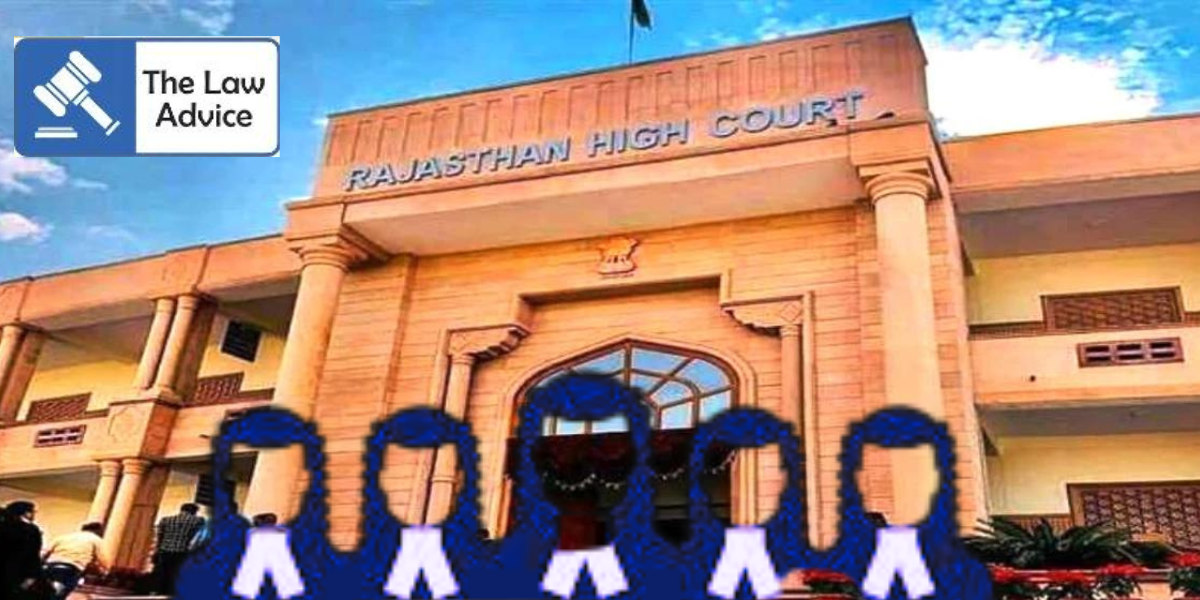
The Rajasthan High Court on Monday initiated suo motu proceedings in response to the tragic collapse of a classroom ceiling and wall at a government school in Banswara district on July 25, which claimed the lives of seven children, including two siblings. The incident also left several students critically injured.
A bench led by Justice Anoop Kumar Dhand registered the matter as “In the matter of Safety and well-being of school going children v. Union of India and Ors” and issued a strong call for systemic reforms and renewed public investment to ensure the right to safe, inclusive, and quality education for all children.
While acknowledging the government’s efforts to improve education, the Court underscored the persistence of serious infrastructure and systemic gaps that require urgent attention.
“Only with a comprehensive and sustained approach can the State ensure every child, regardless of location or gender, receives an education in a safe and inclusive environment,” the Court observed.
The Bench referred to a National Commission for Protection of Child Rights (NCPCR) report, which revealed alarming statistics: 22% of school buildings surveyed across 12 States were in dilapidated condition, and 31% had structural cracks. In Rajasthan, 32% of schools lacked electricity, forcing children to study in extreme heat.
The Court also raised concerns over inadequate access to menstrual hygiene facilities, noting that the lack of free sanitary pads and proper toilets disproportionately impacts girl students’ attendance, health, and educational outcomes.
“Without separate toilets and menstrual hygiene support, girls face increased absenteeism and health risks, limiting their academic performance and opportunities,” it said.
Further, the Court highlighted other critical shortcomings:
Inadequate access to clean drinking water and libraries
Lack of infrastructure for children with disabilities
Neglect of extracurricular activities and physical education
Poor compliance even in private schools, with over 40,000 fined for failing to provide inclusive facilities
Justice Dhand emphasized that ensuring school safety is a constitutional mandate under Article 21-A, linking sound infrastructure directly with student retention and learning outcomes. He also noted Rajasthan's continuing struggle with low literacy, especially among girls, despite being India’s largest state.
Calling for immediate corrective action, the Court directed the Union and State governments to:
Conduct safety audits of all schools
Provide basic infrastructure, including electricity, toilets, libraries, and sanitary napkins
Install sanitary pad vending machines
Ensure treatment and compensation for injured students
Create online grievance redressal systems
Set up district-level school safety monitoring committees
Hold negligent officials accountable
The matter is next listed for hearing on August 1, 2025, by which time the authorities have been asked to submit a comprehensive compliance report
Website designed, developed and maintained by webexy